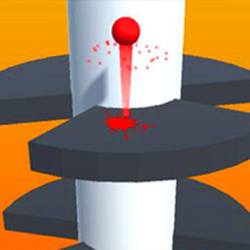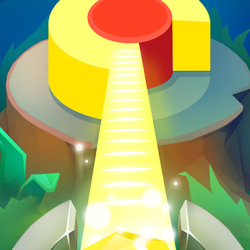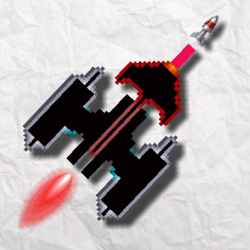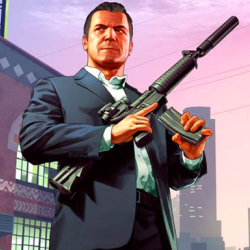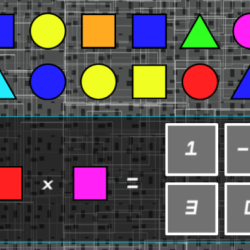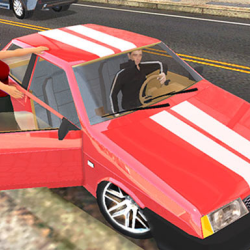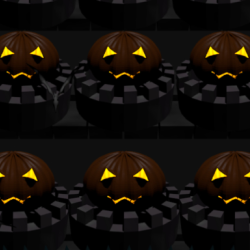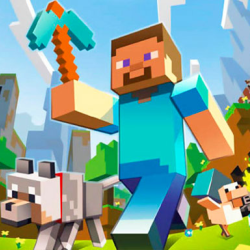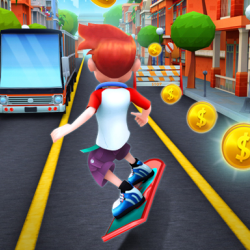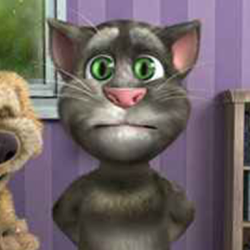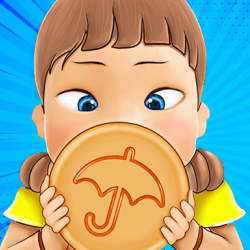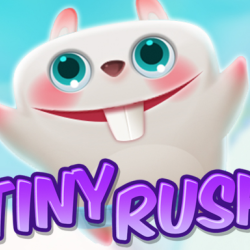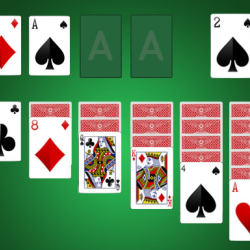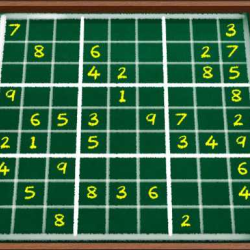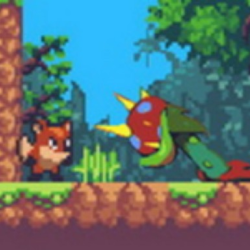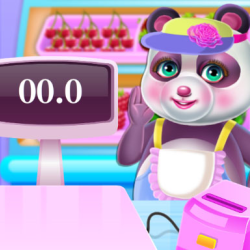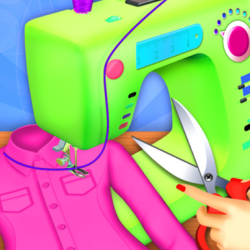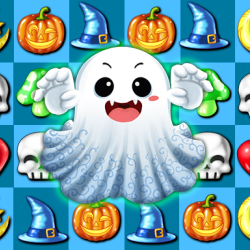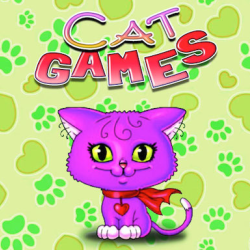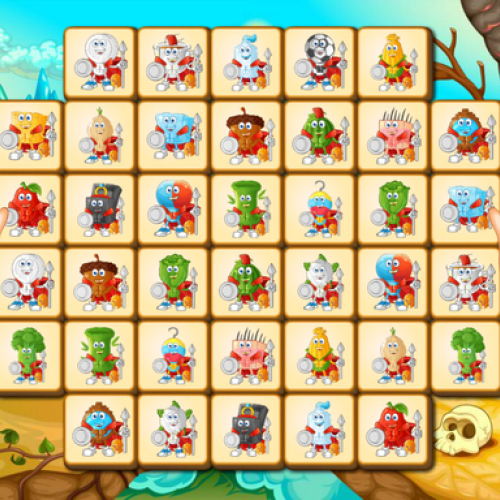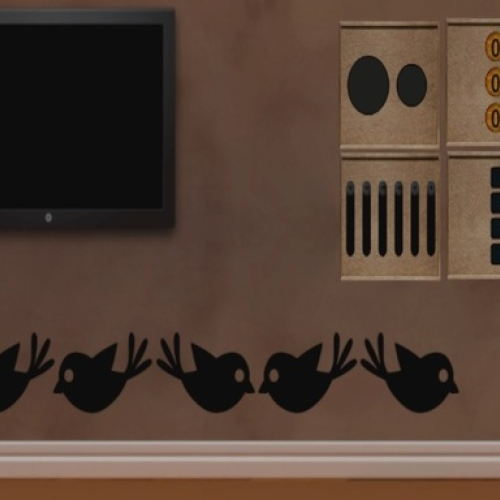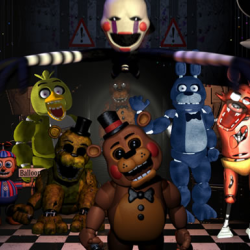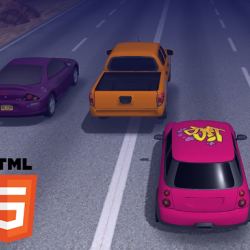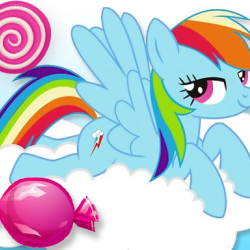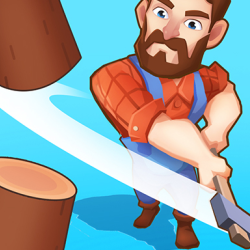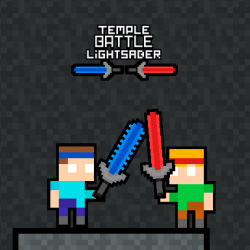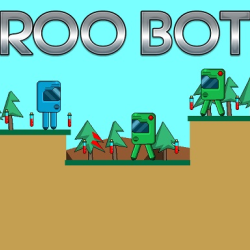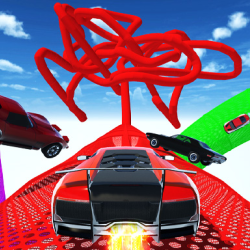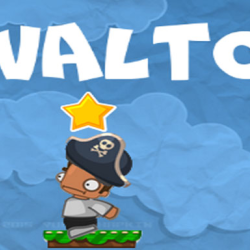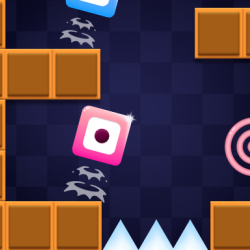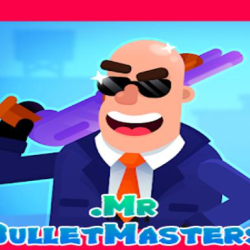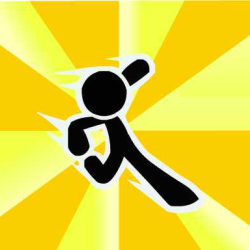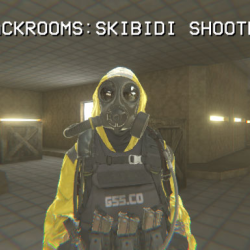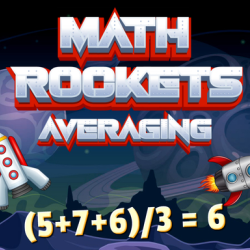Control
WASD embodies the cornerstone of precision in modern gaming, a quartet of keys that translate intent into motion with seamless fluidity. These unassuming letters become an extension of the player’s will, mapping the thrill of exploration and combat to the tactile dance of fingertips. The W key surges you forward into uncharted terrain, while A and D pivot your perspective with surgical control, each tap a calculated step toward flanking enemies or navigating labyrinthine corridors. S pulls you back—a retreat for regrouping or evading a deadly strike. Together, they anchor countless adventures, from stealth-driven sagas demanding split-second pivots to open worlds where every keystroke carves a unique path. Customizable yet iconic, this configuration transcends genres, offering a universal language of movement that adapts to alien battlefields, dystopian citadels, or fantasy realms. Mastery of WASD isn’t just about mechanics—it’s the silent rhythm between player and world, where every press writes a story.
Description
The world shattered when Little Steve’s father vanished. Now, clutching his dad’s rusted compass and a crumpled map stained with unreadable symbols, he steps into the whispering woods where shadows twist into clawed hands. His father’s journal warns of traps—stone altars that hum with forgotten curses, tunnels where the walls breathe. Every choice is teeth: a misstep in the thorn-choked ruins could spill his blood, a wrong turn in the caverns might wake things that hunger. But the compass glows faintly near his heart, guiding him toward answers. Whispers coil around campfires—legends of a relic that bends time, a chance to rewrite fate. Yet the forest watches. Roots snare ankles. Statues blink. Steve’s knife trembles, but his father’s voice lingers: *Trust the stars, not the path.* Survival isn’t luck. It’s stitching memory into armor, reading silence like a map. One truth burns brighter than fear—if the relic’s real, maybe goodbye isn’t forever. But first, he must outrun the storm swallowing the horizon, its thunder echoing a name he’d almost forgotten.
